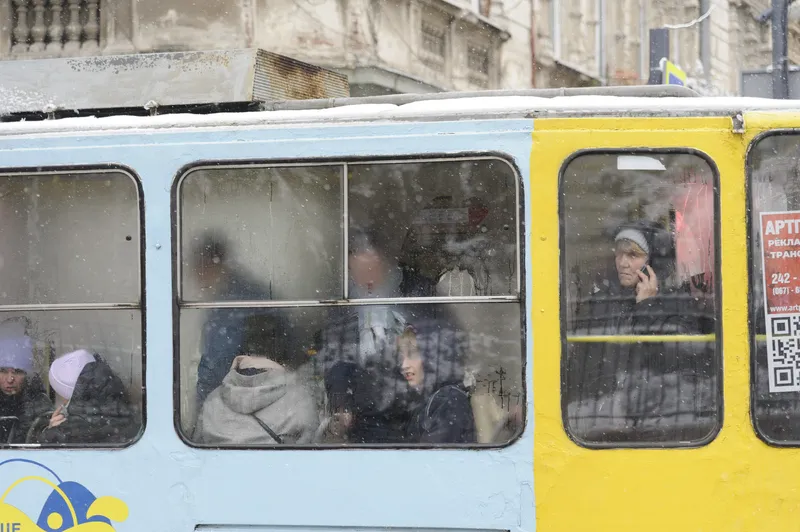
Traffic management, transportation and road construction companies in Ukraine's western city of Lviv will get aid from the European Bank for Reconstruction and Development (EBRD).
Lvivavtodor, a major road and traffic management company, will receive a share of EBRD financial support for the city’s infrastructure. So, too, will Lvivelectrotrans, the city-owned company that runs trams and trolleybuses.
EBRD has earmarked €25 million to help Lviv handle the impact of Russia’s invasion, including funds to ensure as much as possible the city’s infrastructure continues to function. The loan benefits from credit support by the US through the EBRD Crisis Response Special Fund, which will cover 50% of the loan.
Lviv is Ukraine’s seventh largest city and is the biggest centre in western Ukraine, with a population of around a million people. The city joined the EBRD’s flagship urban sustainability programme, EBRD Green Cities, in February 2019.
EBRD said that Lviv is now crowded with internally displaced people as a result of Russia’s war on Ukraine.
“The EBRD loan will provide liquidity support both for the city government and for key municipal companies…” Apart from Lvivavtodor and Lvivelectrotrans, other companies to benefit from an injection of EBRD cash are the district heating company Lvivteploenergo and the waste management operator Zelene Misto.
The EBRD’s primary focus is to support what it calls the “real” economy – maintaining energy and food security and supporting trade, vital infrastructure and private industry. To this end, it will help compensate businesses for temporary revenue losses and additional war-related expenses and to help these sectors provide essential services.
The EBRD is Ukraine’s biggest institutional investor. The bank noted that it had already exceeded its initial ambition of delivering €1 billion into the Ukraine this year and has pledged to provide Ukraine with €3 billion by the end of 2023.
Last autumn - and despite the ongoing war - the country moved ahead with contractual reforms for road works in line with western European norms, according to Unite, the Ukrainian Infrastructure Association, a non-government agency.
In late 2020, Ukraine set out plans for a national bridge repair programme, in conjunction with Ukraine’s State Automobile Roads Agency, Ukravtodor.









